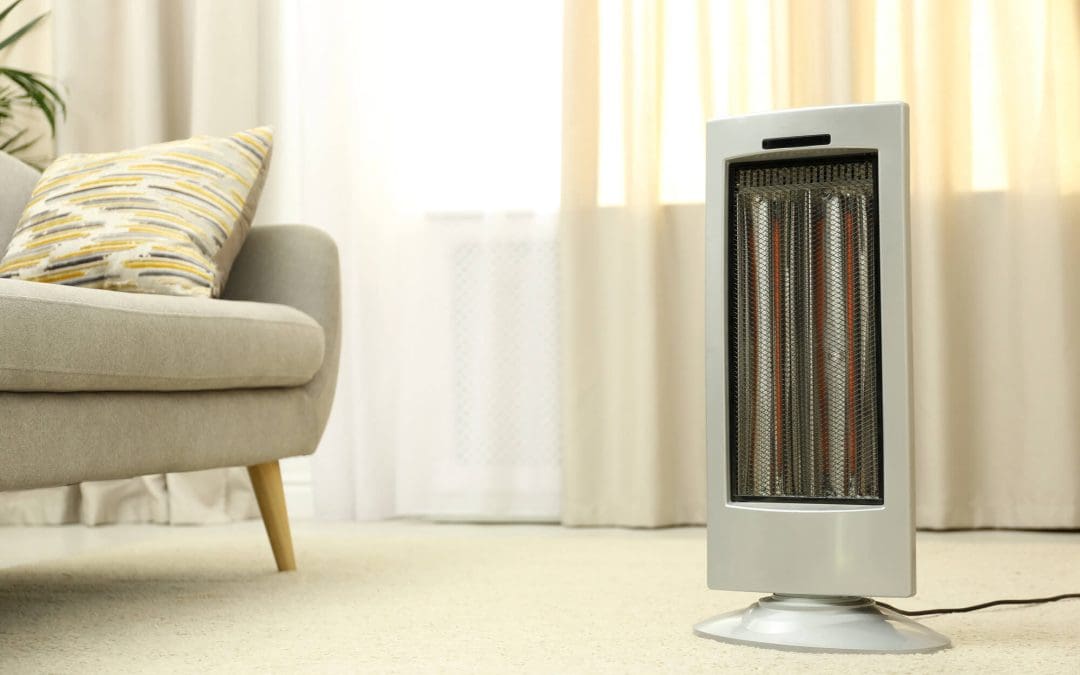Every year, thousands of house fires and carbon monoxide incidents happen due to unsafe heating. Most of these are preventable. With a few simple precautions, you can keep your home warm without putting yourself or your loved ones at risk. Let’s go over the best ways to heat your home safely and avoid everyday dangers.
Pick the Right Heating System
There are many ways to heat your home, from central heating to space heaters and fireplaces. If you have a furnace, get it checked by a professional once a year to make sure it’s working properly. A well-maintained furnace heats more efficiently and lowers the risk of carbon monoxide leaks.
If you’re using a space heater, pick one with built-in safety features like an automatic shut-off if it tips over. Always place it on a flat, non-flammable surface and keep it at least three feet away from anything that can catch fire, like curtains or furniture. Never leave a space heater on when you leave the room or go to bed.
Fireplaces can make your home feel extra cozy, but they need special care. Get your chimney cleaned once a year to prevent dangerous buildup. Always use a fireplace screen to keep sparks from escaping, and never leave a fire unattended. Burn only dry, seasoned wood—no paper or other materials since they can cause flare-ups.
Avoid Carbon Monoxide Dangers
Carbon monoxide (CO) is a gas you can’t see or smell, but it can be deadly. If any fuel-burning appliance, including furnaces, fireplaces, and gas heaters, is not working properly, it can produce carbon monoxide. To stay safe, install carbon monoxide detectors on every floor of your home and near sleeping areas. Test them every month and replace the batteries once a year.
Never use an oven or stove to heat your home, and don’t run a generator or charcoal grill inside your house or garage—even if you leave the door open. If you start feeling dizzy, nauseous, or confused, get fresh air immediately and call for help.
Use Electric Heaters the Right Way to Heat Your Home Safely
Electric heaters are handy, but they come with their own risks. Always plug them directly into the wall, not into an extension cord or power strip, which can overheat and start a fire. Make sure the cord isn’t frayed or damaged. If your heater smells weird or makes unusual noises, unplug it right away and stop using it.
Electric blankets and heating pads are great for extra warmth, but don’t use them while you’re asleep. Never fold them up when they’re on, as this can cause overheating. Always follow the instructions for safe use.
Keep Heating Areas Clean and Clear Will Help Heat Your Home Safely
No matter what type of heating you use, keep the area around it clear. Don’t put furniture, curtains, or anything flammable too close to heaters, radiators, or fireplaces. If you have a furnace, check and replace the air filters regularly so it works properly and doesn’t overheat.
If you use a wood stove or pellet stove, clean out the ashes often and put them in a metal container with a lid. Keep the container outside and away from your house. Even cold-looking ashes can stay hot for hours and start a fire.
Be Ready for Emergencies
Even when you’re careful, accidents can still happen. Make sure your family knows what to do if there’s a fire, carbon monoxide leak, or power outage. Have an emergency plan that includes escape routes and a meeting spot outside. Practice fire drills so everyone knows how to act quickly.
Keep a fire extinguisher in key spots, like the kitchen and near the fireplace. Make sure everyone knows how to use it. Check that your smoke alarms and carbon monoxide detectors are working properly so you get an early warning if something goes wrong.
By following these simple steps, you can heat your home the right way and keep your family safe. A little caution goes a long way toward preventing accidents and having a safe, comfortable winter.
Frequently Asked Questions
How often should I get my furnace checked?
At least once a year. Regular maintenance keeps it running safely and efficiently.
Is it okay to leave a space heater on overnight?
No, it’s best to turn it off before you go to bed or leave the house. Space heaters can overheat or tip over, causing fires.
How can I tell if there’s a carbon monoxide leak?
The best way is to install carbon monoxide detectors. Symptoms of CO poisoning include dizziness, headaches, nausea, and confusion.
What should I do if my carbon monoxide alarm goes off?
Get everyone outside to fresh air immediately and call emergency services. Do not go back inside until it’s safe.
Can I use my gas oven to heat my home?
No, using a gas oven or stove for heat is extremely dangerous and can cause carbon monoxide poisoning.
How far should I keep things from heating sources?
Keep flammable items at least three feet away from heaters, fireplaces, and radiators.
360 Home Inspections offers professional inspections to homebuyers and sellers in Northern New Jersey. Contact us to request an appointment for our services.

